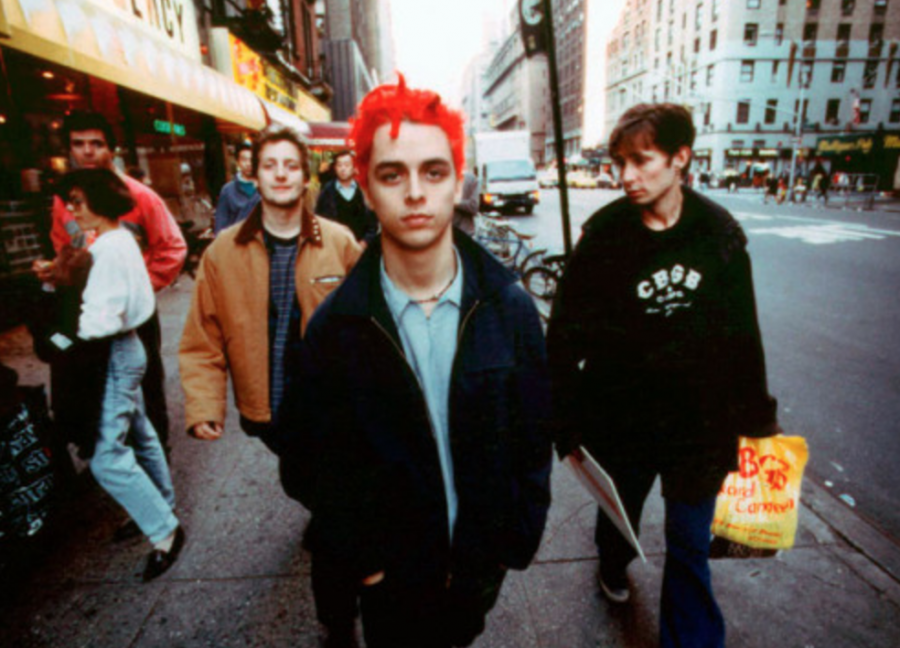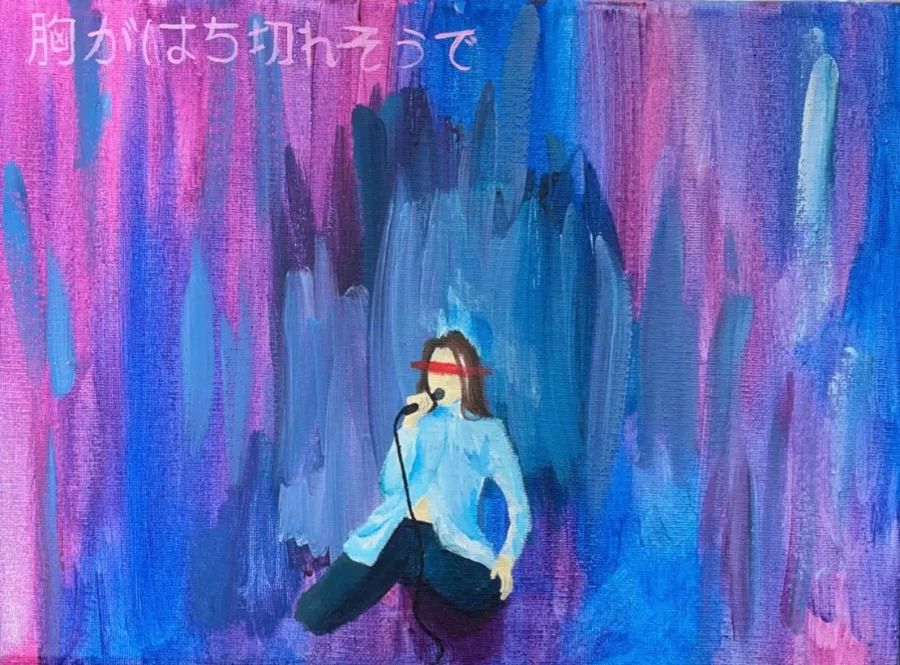Courtesy of Green Day Authority
Green Day’s Dookie (1994) sprung from a salient year for alternative rock. While it signaled and solidified the band’s signature sound, it also marked their audacious foray from underground to major label, and is heralded as the 90’s popular punk zeitgeist ÛÒ with a gilded, double platinum stamp to match. The album bears some of Green Day’s early hits, all with accompanying unmistakable guitar riffs (“Basket CaseÛ, “Welcome to ParadiseÛ, and “When I Come AroundÛ). Dookie is as quintessentially about apathy, angst, and boredom as it is about questioning sexuality, tumultuous mental health, and fraying relationships, and lies as close to my heart now as it did in my earlier teens as I struggled through much of the same (but let’s pretend like I’ve completely ridden out my angst phase.)
Much in line to the aforementioned themes, the album opens with the fiery lines “I declare I don’t care no more / I’m burning up and out and growing bored” in “BurnoutÛ. There is a cohesion in the gritty, overdrive four-chord formula which deviates in all the right ways in certain tracks, with the occasional solo, driving bass line, and intrepid interlude. The album is simultaneously crude and polished, a memorable harmony tinting each track a different hue. It is a dynamic farewell to Green Day’s status as Bay area underground punk rockers, propelling them into the mainstream (even as their preceding album, Kerplunk!, is one of the highest-sold independently released albums of all time).
Tracks like “Coming Clean” and “Basket Case” touch on bisexuality, while “F.O.D.” and “Chump” harbor unbridled animosity and rage. The chaotic manner of the album and its explosive popularity is emphasized in frontman Billie Joe Armstrong’s interview with Rolling Stone, in which he states that “Dookie [came] out in February [1994]. I got married in July. I was very impulsive at that time. I think that impulsive behavior was meant to counteract the chaos in my life.” He speaks of the raw surges of emotion behind the tracks as “real feelingsÛ, that “everything felt so crazy. When [Green Day] were on an indie label, it felt comfortable.” Dookie boasts risks (even in the dirty humor of its moniker), the creative process involving impulsive musical decisions (including the spawn of the bass line to “Longview” during bassist Mike Dirnt’s acid trip). Armstrong expresses the fact that he “was dicking around with it, making demos, just with myself playing.” The tracks “She,” “Sassafras Roots,” “Pulling Teeth” and “F.O.D.” came to fruition this way, all charged with a “stripped-down sound.” The raw, risky venture is now branded a hallmark of mainstream punk, one colored with distinctive, chunky melodies and doused in cheap hair dye.
So, relive that teen, muddled 90’s angst with a dash of indifference (and throw on a striped slouchy sweater, pants that hit your ankles, and silver belt chain while you’re at it.) Until then, I will be practicing the guitar riff to “Basket Case” on my guitar.







